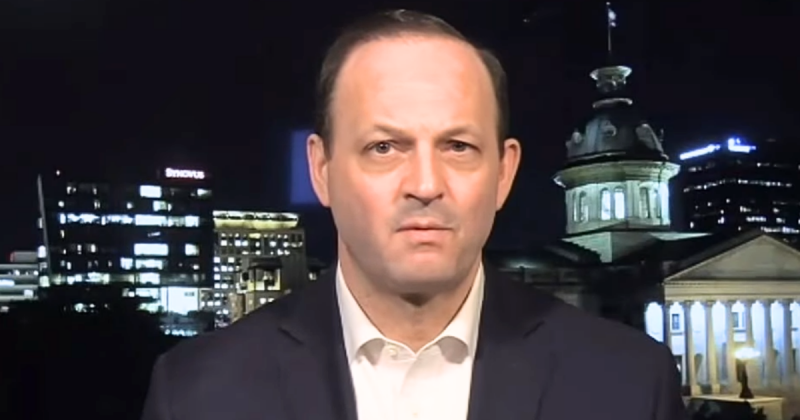Newly released records obtained through the Freedom of Information Act (FOIA) have drawn fresh scrutiny to South Carolina Attorney General Alan Wilson (R) and his office’s handling of child exploitation cases in Dorchester County.
U.S. Rep. Nancy Mace (R-SC) highlighted the documents, raising concerns that a majority of cases failed to result in convictions, leaving local children exposed to risk.
According to the FOIA documents, between 2019 and 2022, Wilson’s office reviewed 385 warrants tied to child pornography and sexual exploitation.
Of those, only 29 led to convictions, a rate of roughly 7.5 percent, while 356 were dismissed without ever going to trial.
Mace called the numbers “appalling and indefensible,” emphasizing that most offenders remain out on bond, posing an ongoing threat to children in the Lowcountry.
The records were submitted as part of the First Circuit Solicitor’s 2022–2023 Dorchester County budget request, which described law enforcement frustration over what was perceived as leniency from the Attorney General’s office.
Many plea deals resulted in probation or time-served sentences, and no cases during this period were tried before a jury.
Additionally, 324 cases remain unresolved, averaging 740 days, accounting for nearly 10 percent of the county’s General Sessions docket, The Gateway Pundit reports.
Wilson’s office pushed back against the criticism, labeling Mace’s statements “deceptive” and arguing that the statistics conflated individual charges with cases.
From 2019 to 2022, officials say, 42 cases were concluded—30 through guilty pleas, eight dismissed, three transferred to federal authorities and one closed due to the offender’s death.
Because cases often involve multiple charges, Wilson’s office maintains that direct comparisons with the FOIA totals can be misleading.
Historical context provided by the AG’s office also underscores prosecutorial activity prior to 2019.
Between 2014 and 2018, Dorchester County saw 83 cases involving child exploitation, according to ABC15.
Of these, 61 ended in guilty pleas or trials, 15 were dismissed, four were taken over by federal authorities, two were resolved due to offender death and one was transferred to probate.
Officials stressed that sentencing is ultimately determined by the judiciary, while prosecutors enforce the law as written.
Mace has indicated plans to escalate the matter, preparing a formal letter to the U.S. Department of Justice requesting an independent audit of the Attorney General’s management of Internet Crimes Against Children cases.
Sydney Long, Mace’s communications director, said, “The Attorney General can spin the numbers, but he can’t spin the truth.”
The controversy has reignited debates over the balance between prosecutorial discretion and public safety.
Critics argue that frequent dismissals, slow case resolutions, and lenient plea agreements can erode confidence in the justice system and leave vulnerable children at risk.
Wilson’s office maintains it acts within legal standards and standard prosecutorial procedures, emphasizing the role of judges in determining outcomes.
As scrutiny grows from both local officials and federal lawmakers, the Dorchester County case highlights ongoing tensions between state-level enforcement priorities and demands for accountability, spotlighting the challenges of prosecuting high-stakes child exploitation cases.
WATCH:

